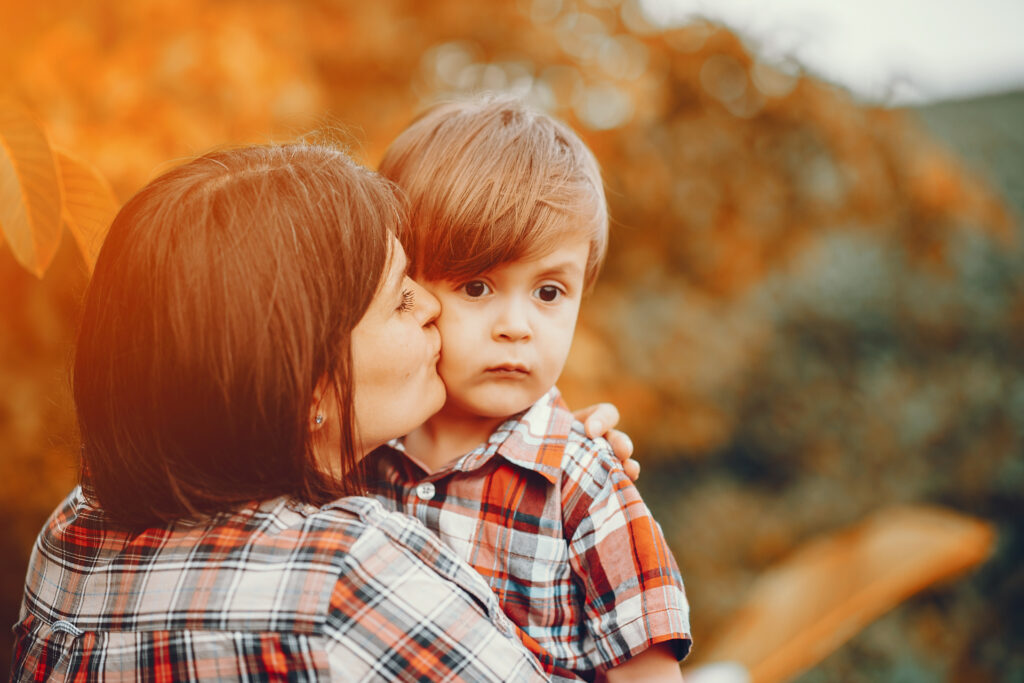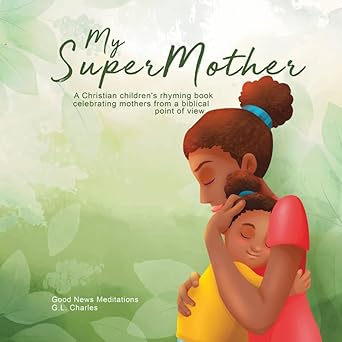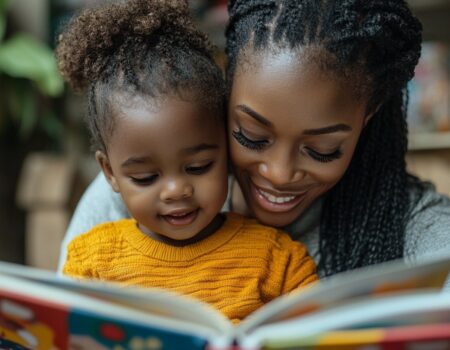The Importance of Words of Love in a Child’s Development
Saying “I love you” to your child is much more than a simple act of communication. It’s a deep gesture of love that leaves an indelible mark on a child’s heart. These simple words, spoken regularly, contribute significantly to their emotional, social, and cognitive development.
Emotional Security: By hearing “I love you” regularly, a child feels loved, accepted, and secure. This creates a healthy attachment with their parents and gives them self-confidence.
Self-Esteem: Words of love strengthen a child’s self-esteem. They understand that they are valuable and important to their parents.
Social Development: A child who feels loved is more at ease expressing their emotions, making friends, and developing healthy relationships.
Motivation: Words of love are like fuel for a child. They motivate them to do their best and to persevere in the face of difficulties.

Why is it important to say “I love you” often?
- Strengthening the parent-child bond: Saying “I love you” regularly creates a strong and lasting emotional bond between parents and child.
- Creating happy memories: These moments when love is expressed become precious memories for the child.
- Encouraging communication: By expressing feelings, we open the way for deeper and more sincere communication with our child.
- Helping the child manage their emotions: Knowing that they are unconditionally loved, a child learns to better manage their emotions, even the most difficult ones.
How to say “I love you” in different ways?
There are many ways to say “I love you” to your child, beyond just the words themselves. Here are a few ideas:
- Hugs and kisses: Physical contact is a universal language of love.
- Little love notes: Leave a note in their backpack, on their pillow, or on the bathroom mirror.
- Quality time: Spend quality time with them, without distractions, to show them how much they mean to you.
- Shared activities: Do activities you both enjoy.
- Compliments: Highlight their qualities and achievements.
- Active listening: Pay attention to what they have to say and show them that you’re really listening.
The long-term benefits
Children who grow up hearing “I love you” are more likely to become happy, balanced, and caring adults. They have higher self-esteem, better social relationships, and are better able to cope with life’s challenges.
In conclusion
Saying “I love you” to your child is a simple yet powerful gesture that has positive repercussions for a lifetime. So don’t hesitate, express your love to your child every day!












No Comment! Be the first one.